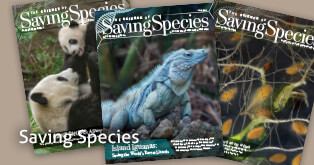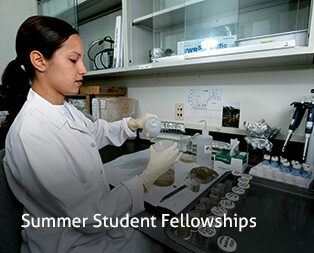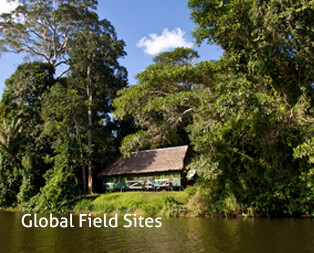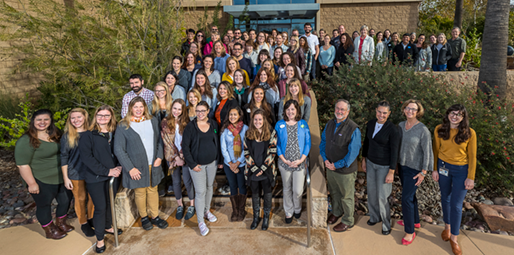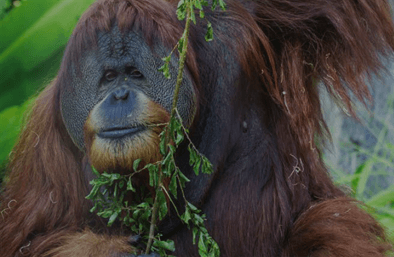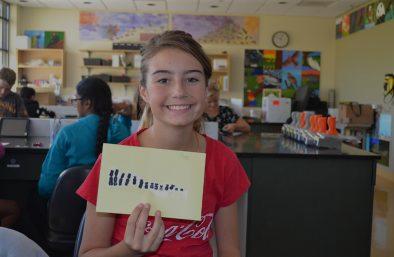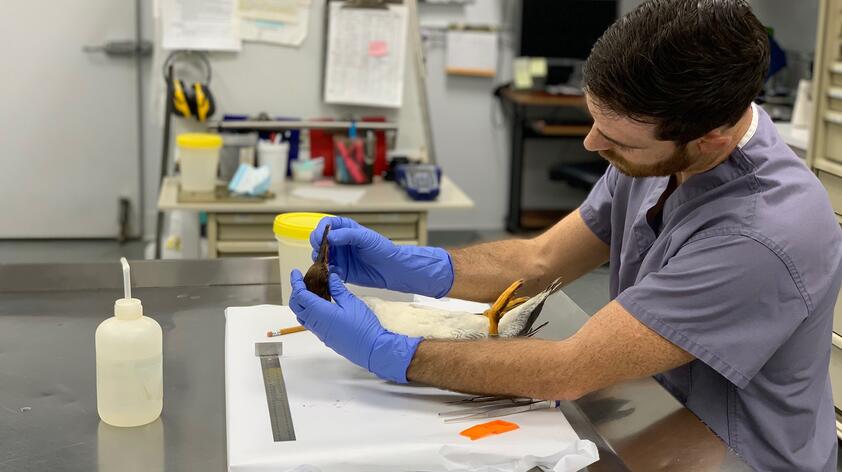
Who belongs in the world of pathology?
I work as a pathology technician in Disease Investigations. At its core, my job is to perform systematic dissections of wildlife, and report exactly what I’m seeing as I’m doing it. As a former wildlife care specialist myself, I get one particular comment a lot: “Man, I could never do that!” Now, there’s a lot behind that comment to explore, but I want to focus on who I think can do this job. What kind of person belongs in zoo pathology?
First and foremost, working in the field of pathology requires someone with a fascination for the raw ingredients that make up a living thing, and what happens after they stop doing that living thing. Every species we work with has skin, muscle, blood (lots of that), organs, ingesta, and a brain, etc. On top of that, there are diseases, lesions, and autolytic processes that can look grotesque and sometimes come with smells that would haunt a skunk’s nightmares. So being captivated enough with how things are put together, as well as having a strong stomach, to work intimately with all of that is key.
Second, a sense of purpose and optimism helps. There’s no two ways about it: working in pathology means working hand in hand with death, who is usually cold, clammy, and nearly always comes with at least a touch of sadness. But with each exploration of what circumstances led death to visit our lab, there is opportunity for fascinating discoveries and new data to make a more complete picture of the world around us. The findings we uncover can have profound impacts on the management of the wildlife under our care, from identifying species that are more susceptible to environmental pathogens to charting how a disease is spread. With all this information, our picture of the world—and how we can make a difference in it—shifts ever so slightly more into focus. A thrill for small discoveries and an understanding of their place in a larger purpose, is really helpful in the day-to-day work and the various emotional complications that accompany it.
Lastly, and I think most importantly, the kind of person who belongs in zoo pathology is the kind of person who cares. Each of the folks who work in Disease Investigations at the San Diego Zoo is dedicated to using the skills they have to protect the wildlife in our care, safeguard their counterparts the world over, and contribute to the ultimate goal: to save species. That's the underlying passion that drives and motivates us, the understanding that our efforts contribute to a goal that’s too important to set aside, that helps to push past some of the downright unpleasant parts of our work.
So what do you think? Are you the kind of person who belongs in zoo pathology? It’s one of my favorite places to be, though definitely not for everyone. But don’t worry, there’s always a place for someone with a passion for wildlife in the conservation world! From those who greet our guests, to the building and grounds crew, to all those folks who donate when they visit us here, each giving in their own way to the cause. How can you contribute to saving species?



